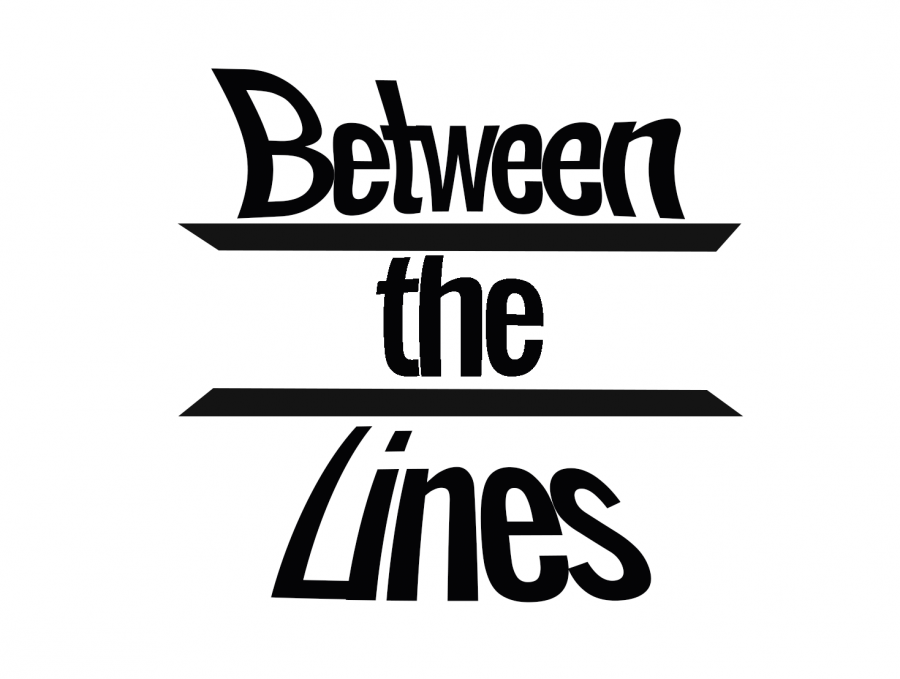Between the Lines: ‘Why I’m No Longer Talking to White People About Race’ by Eddo-Lodge
Illustration by Ethan Gullett
September 11, 2020
Reni Eddo-Lodge gave fuel to an international conversation when in 2014 she published a blog post titled “Why I’m No Longer Talking to White People About Race.” The post erupted on the internet and was eventually lengthened into a book with the same title. The response to her blog post proved that people are in need of a universal race conversation. Eddo-Lodge became the first black British author to be number one on the non-fiction paperback charts. The tragic circumstance in which her book climbed the charts was a reaction to the death of George Floyd, a black man who died after a police officer knelt on his neck.
She begins the first of seven essays with a compact lesson on Black history in Britain. She briefly notes her own experience learning Black history in the education system, writing, “I’d only ever encountered black history through American-centric educational displays and lesson plans in primary and secondary school … America’s civil rights movement felt important to me, but also a million miles away from my life as a young black girl growing in north London.”
Like many students, she didn’t encounter an extensive education of Black history until her college years, when she chose to take a course about Black British history. Unless sought after, Black history will not be taught in effective ways, and this is part of the problem. The lack of history, or abundance of misshapen history, is a recurring problem in education systems internationally.
People of color are not responsible for educating white people about white privilege. She explains this concept in simple terms by writing that “The perverse thing about our current racial structure is that it has always fallen on the shoulders of those at the bottom to change it. Yet racism is a white problem. It reveals the anxieties, hypocrisies and double standards of whiteness. It is a problem in the psyche of whiteness that white people must take responsibility to solve. You can only do so much from the outside.” This properly explains the expressive title of her book. She is not wishing silence or guilt onto white people; she is tired of explaining to white people what they have failed to explain to themselves: “White privilege is an absence of the consequences of racism. An absence of structural discrimination, an absence of your race being viewed as a problem first and foremost.”
The purpose behind Eddo-Lodge’s book is to, through education, lead readers toward allyship in the fight for equal rights. She is not attempting to silence or guilt a particular population. But reading one book from one era on the prevalence of white supremacy will not suffice. Reading this book is a simple introduction to the responsibility to read works from Black authors published long before us such as Audre Lorde, who writes plentifully on Black women and feminism, or Angela Davis, who writes about the Black female struggle, the Black power movement and prison abolition. In order to garner a rounded education on racial injustice, one must educate themselves from the beginning of race relations to present day.







